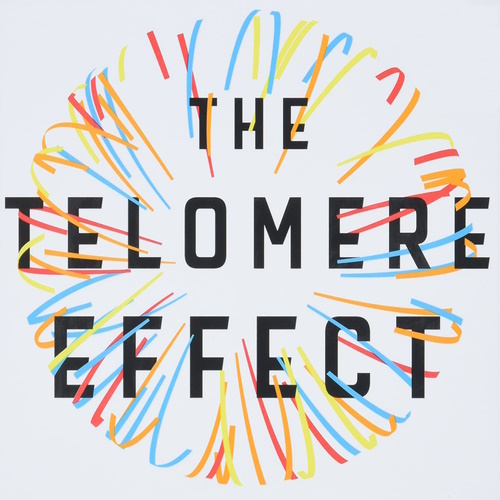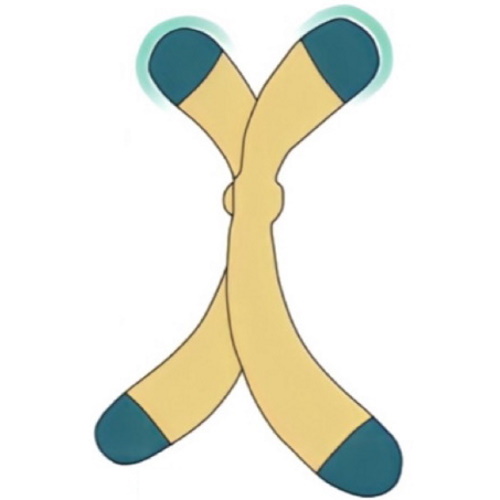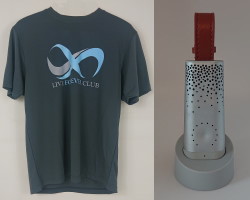The Telomere Effect: A Revolutionary Approach to Living Younger, Healthier, Longer
The Telomere Effect written by Elissa Epel and Elizabeth Blackburn will make you reassess how you live your life on a day-to-day basis
The New York Times bestselling book coauthored by the Nobel Prize winner who discovered telomerase and telomeres’ role in the aging process and the health psychologist who has done original research into how specific lifestyle and psychological habits can protect telomeres, slowing disease and improving life.
Have you wondered why some sixty-year-olds look and feel like forty-year-olds and why some forty-year-olds look and feel like sixty-year-olds? While many factors contribute to aging and illness, Dr. Elizabeth Blackburn discovered a biological indicator called telomerase, the enzyme that replenishes telomeres, which protect our genetic heritage. Dr. Blackburn and Dr. Elissa Epel’s research shows that the length and health of one’s telomeres are a biological underpinning of the long-hypothesized mind-body connection. They and other scientists have found that changes we can make to our daily habits can protect our telomeres and increase our health spans (the number of years we remain healthy, active, and disease-free).
The Telemere Effect reveals how Blackburn and Epel’s findings, together with research from colleagues around the world, cumulatively show that sleep quality, exercise, aspects of diet, and even certain chemicals profoundly affect our telomeres, and that chronic stress, negative thoughts, strained relationships, and even the wrong neighborhoods can eat away at them.
Visit website: https://www.grandcentralpublishing.com/titles/dr-elizabeth-blackburn/the-telomere-effect/9781455587971/
See also: ![]() Elizabeth Blackburn
- Australian-American Nobel laureate, former President of the Salk Institute for Biological Studies and Author
Elizabeth Blackburn
- Australian-American Nobel laureate, former President of the Salk Institute for Biological Studies and Author
Details last updated 23-Jun-2019





